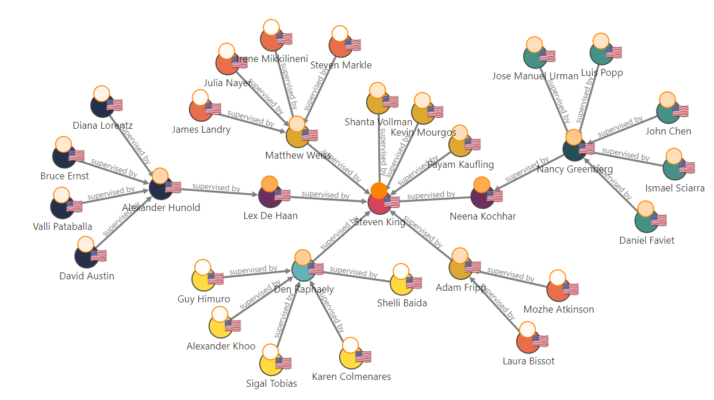
Oracle Application Express (APEX) has become a commonly used tool for developing enterprise apps quickly with minimal coding. This modern shift has forced decision-makers of organizations into a dilemma: should they stick to traditional app development or leverage the efficiency APEX provides?
Why is It a Dilemma?
If Oracle APEX offers everything traditional development does but faster, why is it difficult for companies to make the switch?
As with almost everything else, most humans find it easier to stick with what’s familiar. For decision-makers, the dilemma lies in weighing the trade-off between familiarity with established app development processes and learning to deploy a modern, low-code alternative.
Here are reasons why making the switch to Oracle APEX can benefit your company in the long run:
Comparing Oracle APEX vs Traditional Development
1. Development Speed and Time to Market
Traditional app development methods rely on extensive coding and scripting, which can delay businesses looking to swiftly release new apps and features to the market. APEX solves this challenge by allowing companies to create robust apps in a fraction of the time required by traditional methods.
So, if your organization prioritizes responding swiftly to market demands and changing business requirements, building an APEX app can be advantageous as it is easily scalable. The best part about Oracle APEX is it does not trade speed for functionality. The same functionalities of a traditionally developed app can be achieved. This is one of the core advantages of Oracle APEX.
2. Development Cost
Business decision-makers are always looking for ways to cut operational costs. Since traditional app development requires extensive coding, hiring skilled developers, and dealing with complex custom codebases, heavy costs are often incurred. With APEX app development, the reverse is the case. Oracle APEX is a low-code development platform, so there’s little need for extensive coding expertise. In fact, one of the biggest benefits of Oracle APEX is its lower development cost.
However, it’s often easier to find traditional developers than APEX developers. Decision makers also grapple with the idea of laying off their in-house app developers in other to switch to APEX. Since that doesn’t sound appealing, they usually stick with the conventional development approach.
Thankfully, anyone, including conventional developers, can learn to use APEX quickly. There’s a minimal learning curve, as the platform uses a drag-and-drop visual interface. Rather than laying off your developers, you can build simple apps yourself or outsource to an APEX app developer so that your in-house team can focus on more critical projects. This ultimately leads to higher efficiency.
3. Flexibility and Customization
Traditional development methods offer unparalleled flexibility and customization, allowing developers to tailor every aspect of an application to specific business requirements. As with most drag-and-drop platforms, APEX may not sound very appealing to business executives who desire a high level of customization.
But Oracle APEX indeed provides a high level of customization far beyond what’s available out of the box. And the customization doesn’t require any extensive coding, unlike traditional app development. You can create custom reports, interactive grids, and dashboards using APEX’s declarative capabilities.
Although it takes a skilled APEX app developer to implement such customizations, the end result is an enterprise app that offers just as much as a traditionally built one.
4. Integrating with Existing Systems
Modern businesses typically leverage various software applications and systems. These systems could range from CRMs and ERPs to legacy databases and third-party APIs. Most decision-makers do not want to introduce new apps that may disrupt or may not integrate well with their existing systems.
While conventional development approaches face challenges when trying to integrate with existing systems, Oracle APEX apps can seamlessly connect with other data sources, including legacy databases and cloud-based platforms, via database links or REST. Learn more about creating a REST data source.
Oracle APEX vs Traditional Development: Which to Choose
If you have to decide whether to use Oracle APEX or traditional development because of integration concerns, you can’t go wrong with APEX. The same can be said if your concerns are cost, speed, customization, or security-related. APEX ticks all the boxes for enterprises looking to develop advanced business apps at a fraction of the time and cost. Oracle APEX offers many benefits including developing robust apps faster, at a lower cost, and with advanced customization options with minimal coding requirements, allowing businesses to release new applications and meet customer demands faster.
In short, APEX low code development is a worthy solution for business decision-makers to consider.
If you need a seasoned APEX app developer to help you get started, I’m willing to work with you.
Schedule a consultation now.



